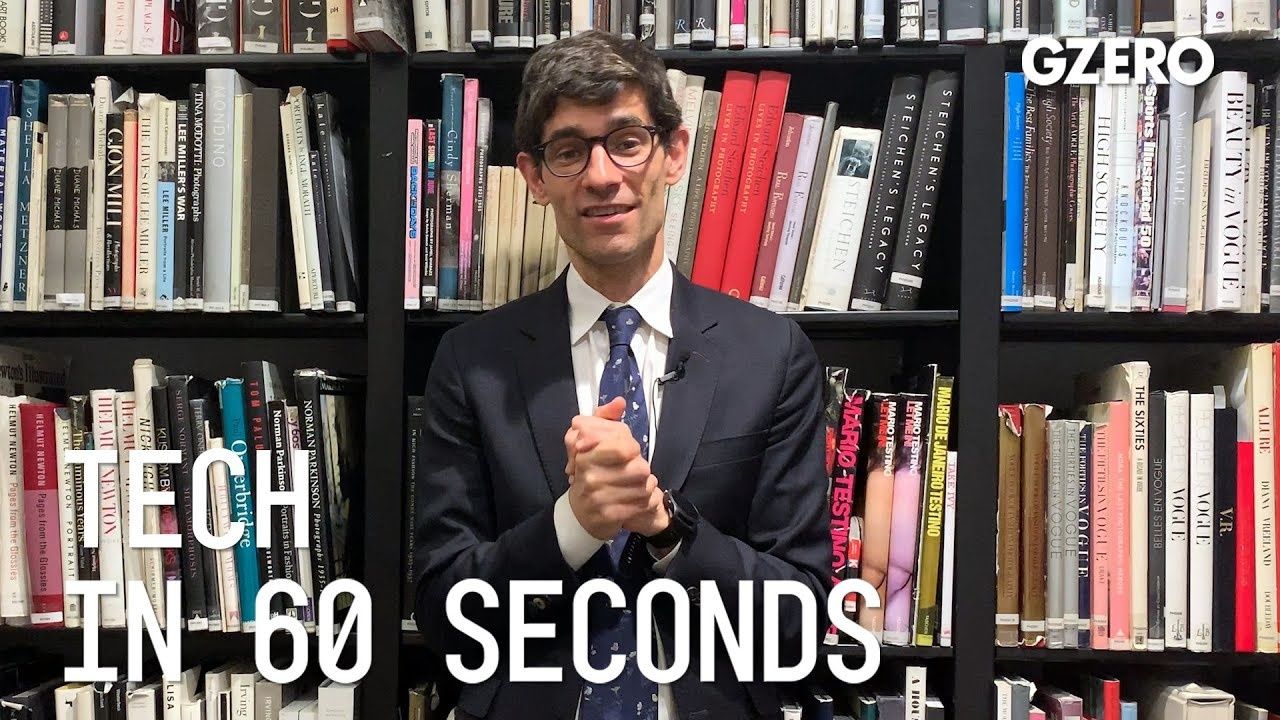
In light of the rapid spread of infectious disease, Nicholas Thompson, editor-in-chief of WIRED, gives advice on working from home:
How do you work from home?
My colleague Brian Barrett, one of the most efficient employees at WIRED, lives in Alabama and has written a great guide to working at home. His advice:
Number one: Get dressed. If you try to do your work in your pajamas, you will be sleepy. You need to, in certain ways, operate like you're going into the office.
Number two: Have a set space. Have a place where you really do your work. Part of the reasons we're more efficient generally in offices is we come in, we have the mindset of, OK, now I'm going to work.
Number three: Communicate constantly with your colleagues on Slack or whatever software you use for interoffice communication. One of the things Brian does is he's constantly jumping into different Slack conversations, in part because he's missing out on some of the watercooler conversations that happen in our offices. So, he's very, very good at that.
Rule number four: Do not have the television on. If you have a distraction, if you allow yourself to get sucked into CNN or allow yourself to get sucked into Netflix. If you allow yourself to get sucked into all the stuff, it's easy to get sucked into in your home, but you would never get sucked into in your office, you will not be productive. You have to work in your home office like you would in your work office.
And this last bit of advice: make sure you go outside every now and then. Work from a coffee shop every couple of days. At least take a walk because you don't want to be stuck in your home office all the time.